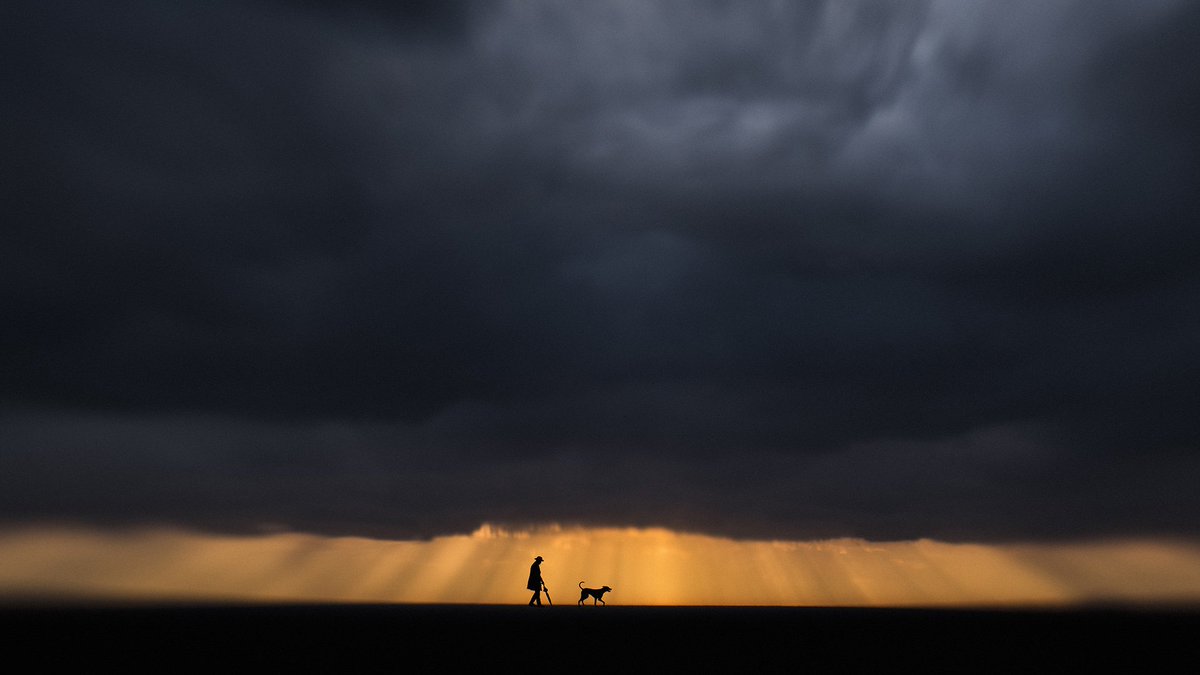(Dublin, May 3 2020)
Awakened at five,
as the eyelid of the world opens,
by an orchestra of winged voices,
I try to separate the sounds.
Blackbird, the yellow beak clarion,
families of great and blue tits,
thrushes, robins and chaffinch.
And there, above them all,
reverberating,
a tiny soprano,
the wren,
proclaiming joy,
at its survival from the night.
Linneaus called it,
Nannus Troglodytes (italics)
the little cave dweller.
But for us, that Grecian name is now a curse,
A backward slur.
Neanderthals.
And yet, the cave gave life,
and once was home
to hermits, seeking nirvana
through worldly isolation
(We too know a little of that struggle now,
though our man caves are hooked to wireless sedation
And some libation.)
In Plato’s cave, people live, unwittingly in prison,
watching shadows on the wall,
a Netflix reality.
Until,
one body ventures up to the light,
and finds an Earth, mothered by the Sun.
But back within the cave,
his enlightenment is blind,
and violently rejected as ‘fake news’.
We still punish the wren who comes back
bubbling with new worlds,
singing of science and discovery.
Galileo recanted, but ‘Eppur si muove’.
Confined to my room,
remote meeting,
I watch birds dart in and out of my walled garden,
tempted by the sunflower seeds and water,
I leave,
to mind them.
A wren flits in, a flick of life, dull coloured, masking its genius.
Aristotle named it king of birds, for the Aesop’s tale that says it out-flew
an eagle, by wit over wing.
In most tongues it’s a king,
rí na n-éan,
The gaeilge sounds, some say, christening wren in English.
But even we who named it royalty,
used it as our punch bag of blame,
for lost Viking battles and betrayals,
and made a feast of hunting it,
to avenge a martyr.
But still it sings.
A different song for each sex,
that come together in a single harmony.
Yet winter decimates them.
They die of cold and hunger.
They burrow deep to see it through,
and their song must tell that frontline story,
of loss, of love, of courage and of bravery.
And so each morning they wake the day
lustfully calling out the dark,
drowning out hesitancy and rivals,
greeting the rising sun
saying, this too is ours.
Perhaps when this time is done, when doors are opened, when
strangers can be touched upon the hand, when neighbour’s children can
come in and play, when sisters can meet and laugh and hug and cry,
when I can walk for as long as my feet will carry me, when we can
mourn the unnamed dead, then might we sing, and live, with such
abandonment, and thank the caves for keeping us safe, but embrace the
horizon as our home. This too is ours.
……….
Helen Shaw is a storyteller, a writer and an award winning radio producer. She runs Athena Media. She says she has been scribbling poems in some shape or other since she was young. The pandemic has given her more time!
